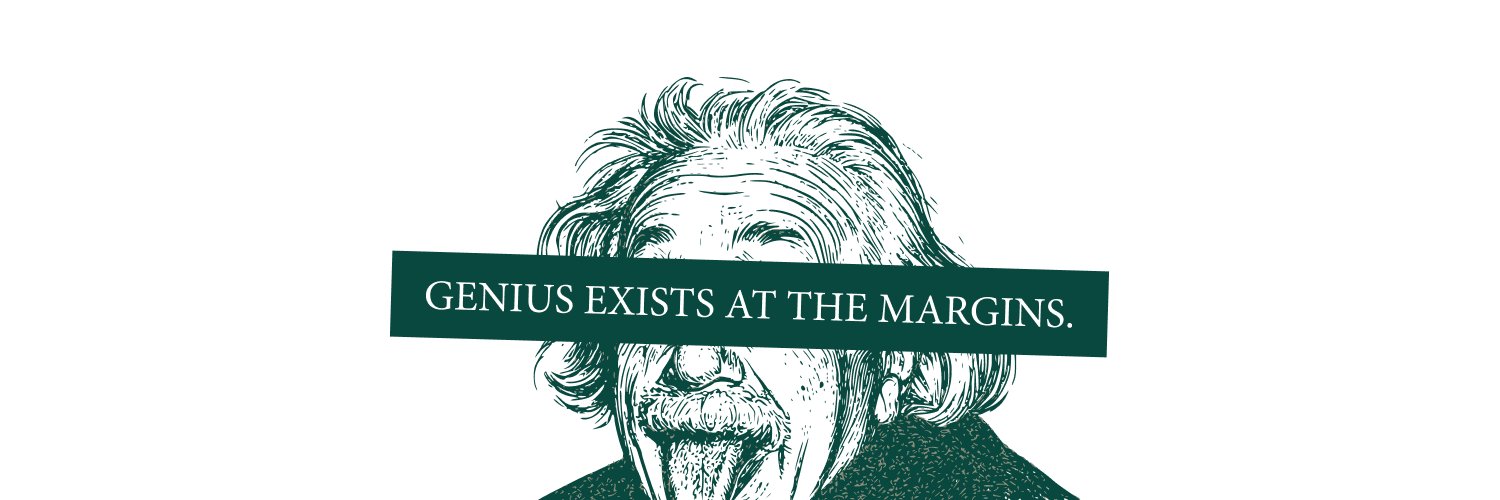
Noah Zender
@noahzender
Studying how people work, think & build. Building onboarding tools used by 1M+ candidates @ParadoxOlivia. Weekly essays: https://www.geniusmargins.com/
I'm mind blown every time I spin up software to do a single task. Wanted to know my newsletter audience better. Quickly built an app to enrich data and showcase it in a dashboard. Problem solved in minutes. This is our generation's superpower.

I need this type of feedback loop built into the browser..
I started prototyping a better AI interaction using Claude + Obsidian because I got tired of: - Copy-pasting the same context repeatedly - Explaining my background every conversation - Getting generic answers to specific situations AI should adapt to you, not force you to adapt…
Only AGI can save my bank account from my monthly subscriptions.
The job market is changing RIGHT NOW. While you spent last weekend filling out 8 job applications, someone using @PerplexityComet applied to 200+ positions. If it's repetitive, it should be automated.
The lifecycle of information arbitrage: Stage 1: Information is unpopular/unknown (high arbitrage value) Stage 2: Early adopters discover it (declining arbitrage) Stage 3: Information becomes popular (zero arbitrage value) Stage 4: Information gets commoditized (negative value)…
This idea had a huge impact on my drive to learn: Don't put yourself in a straightjacket

Most people are only now realizing this was inevitable. This is the exact same playbook from the 1990s browser wars, but with 100x bigger stakes. Your browser is the internet. Back then: Control the browser → control web traffic → control ad revenue Now: Control the browser…
this is the oldest play in tech… find pmf with a single killer use case, then vertically integrate & horizontally expand until you control the interface layer itself. app → platform. once you own the interface, you own the defaults. welcome to the next generation of browser…
The crazy math of marginal improvements in products: 1% better with 10 options: Small edge 1% better with 10,000 options: Winner takes all Infinite choice amplifies small differences into massive outcomes.
The internet killed the tolerance for mediocrity. Availability bias used to protect bad products. Few choices: "This is it, I'll take it" Endless choices: "If it isn't great, I'll find better" Products crafted for a specific users resonate and thrive amidst the competition.
Success is only achievable once you've developed a deep love for what you do.
Build your "catalog of suffering" into wisdom. 1. Document what each failure taught you 2. Identify patterns in your comeback 3. See how struggles build strengths 4. Use past resilience for future challenges Your suffering is your superpower.
Why most entrepreneurship advice fails: It treats building companies is like Legos, but entrepreneurship is binary. You either: • Get market-product fit, or you don't. • See problems as opportunities or not. This shift transforms your entire perspective in an instant.
If technology feels like it's accelerating, it's because it is: (from @Kpaxs newsletter)

Great products have one thing in common: Taste. Not features. Not functionality. Not flexibility. Taste. Taste is the ultimate differentiator.
Worst part about moving is the never ending boxes of books. The best part is the new views.






